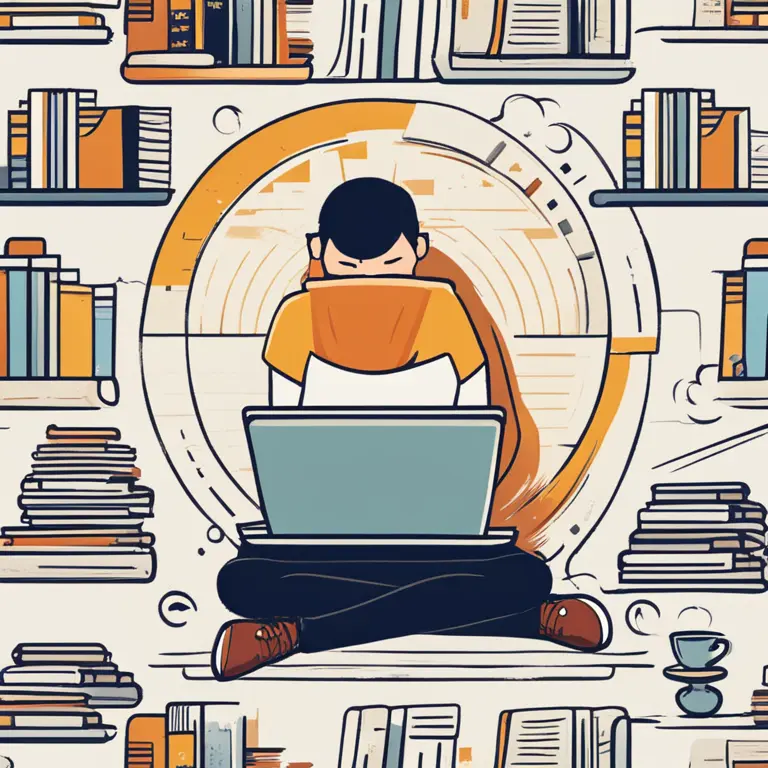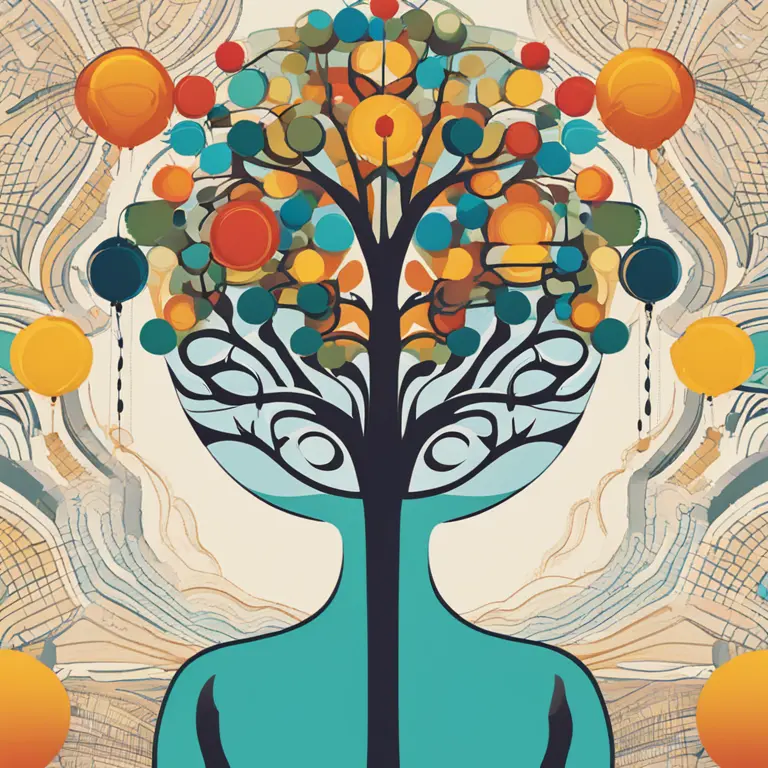
The Importance of Meditation for Student Success
Discover how meditation can enhance cognitive abilities, reduce stress, and improve overall academic performance for students.
article by Hina Kurosawa
Stressed Minds, Calm Solutions
With the ever-increasing academic pressures and the social challenges that students face, their mental well-being has never been more important. Recent studies suggest that meditation can play a critical role in balancing the demanding lifestyle of modern-day students. From sharpening the mind to managing anxiety, meditation offers a toolbox of benefits for those in academia. Even minimal daily practice has been linked to significant improvements in attention span, memory retention, and emotional regulation—core competencies for successful learning.

Boosting Brain Power
Neuroscientific research has illuminated meditation's positive impact on the brain. It's known to stimulate areas like the prefrontal cortex, which governs decision-making and self-control. Moreover, the enhanced neural connectivity resulting from consistent meditation fosters better problem-solving skills. Initiatives to incorporate mindfulness and meditation into school curriculums have been gaining ground, with the goal of helping students cultivate these cognitive advantages early in life.

Cutting Through the Chaos
The modern student's environment is fraught with distractions, from social media to a constant influx of information. Meditation aids in detaching from the noise, promoting a state of focus that is vital for complex cognitive tasks. Techniques like focused breathing or guided imagery can help students temporarily sideline distractions, allowing for deeper immersion into their studies. With improved concentration, students can absorb materials more effectively and perform better academically.

Emotional Equilibrium
Academic life is often a rollercoaster of emotions with deadlines, exams, and social pressures. Meditation encourages emotional balance by reducing the impact of stress hormones like cortisol. It fosters resilience, enabling students to approach challenges with poise rather than panic. This tranquility doesn't just mitigate momentary stress; it builds a foundation of long-term emotional health, serving as a preventative measure against anxiety and depression.

Enhancing Creativity and Innovation
Creativity is paramount in our rapidly evolving world, and meditation unleashes aspects of the student's psyche that are often underutilized. Regular practice clears the mind, often leading to bursts of creativity. It can dissolve mental barriers, giving way to innovative thinking and unique problem-solving—skills highly sought after in virtually all disciplines and careers.
Building a Routine
Meditation is most effective when integrated into a daily routine. For students, this doesn't have to mean hours of silent contemplation. Short, guided sessions, perhaps facilitated through an app or a school program, can be easily slotted into a busy schedule. The key is consistency; even ten minutes a day can yield measurable benefits, creating a ripple effect that enhances all facets of a student's life.
Published: 1/14/2024
Modified: 1/15/2024
More predictions
Come back here soon to learn more about yourself and your future


Healing Through Mindfulness: Meditation & Trauma Recovery
Mindfulness meditation offers a powerful tool for individuals seeking solace and healing from traumatic experiences. Discover how this practice can aid in the journey towards inner peace.


Easing Loneliness with Mindfulness Meditation
Explore how mindfulness meditation can provide solace and connection to alleviate the feelings of loneliness.


Discovering Life with Meditation Mantras
Delve into the transformative power of meditation mantras to harmonize your mind, body, and spirit for a tranquil existence.